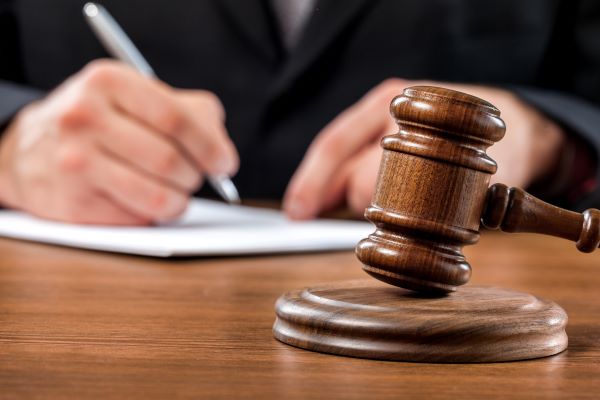Wealth transfer can be protected from excessive taxation by applying tax avoidance principles. Still, it…

In What Ways Are Estates Administered in Court?
Court officials, including probate judges, deal with a decedent’s will through probate. While state probate laws may vary, the general process is quite similar across the country. Probate is the process of proving wills for decedents’. A probate judge will also oversee cases where the deceased person did not prepare a will, known as dying intestate. Depending on the size of the estate, probate can conclude quickly or take more than a year. If an estate’s value is below a certain amount, probate may become streamlined regarding property transfer. Most probate issues are county-based decisions. Aside from property, a probate court will also render judgment regarding competency and guardianship cases. However, the primary responsibility of a probate judge deals with estates.
What Happens without a Will or Beneficiary Contests?
If a decedent leaves a will and no beneficiary contests it, the probate judge has a minor but significant role. While laws have variations, these general steps hold when entering probate.
- Opening a probate case with court – The estate’s executor will file the decedent’s will with the probate court. The probate court will make a finding as to the will’s legality and makes sure no one is bringing objections to the will. For example, a beneficiary may claim that the decedent was experiencing undue influence or coercion when making the will. In some cases, the judge may declare it a case of a contested will. Without any objections to the will, the named executor receives approval and can move forward to open an estate bank account.
- Notification of interested parties – The executor will place notices in newspapers so that creditors of the decedent are made aware of the death. Other parties interested in the decedent’s will include any possible heirs as well as creditors. The executor must contact all heirs named in the will if possible. If they cannot locate all heirs, the newspaper notices of death will have to suffice. Creditors have a specific time frame to submit any claims against the estate to the probate court, usually six to nine months.
- Estate asset inventory – The executor will inventory estate assets, both physical and financial, and assess the individual’s worth on the date of the decedent’s death. The probate judge and heirs will receive the inventory filing information. Taking an estate’s inventory is often time-consuming as well as a lot of work. Some physical properties may require a sale, such as a home. Positions of stocks and bonds may also require selling or other administrative action to divide among heirs. Executors will typically receive compensation for this work by inheritance or a statement in the will addressing the form of compensation to receive. If an estate is large enough, an executor may hire a probate attorney for assistance.
- Asset distribution – Upon inventory completion, the probate judge authorizes the distribution of assets as long as the will is uncontested. At this time, the creditor’s debt, the debts of managing the estate, and minor children’s inheritance become actionable. All debts are to receive payment from the estate, even if it requires the sale of assets. Like life insurance policies or retirement accounts, accounts with a named beneficiary are liquid and distributed to the appropriate beneficiary. The executor must file final taxes for the decedent, both federal and state.
- Terminating the estate – After the estate’s distribution is complete to the heirs, the probate judge ensures all creditors receive payment and closes the estate. Although the estate is officially closed, it remains a part of the public record.
If the decedent dies intestate (without a will), these same general steps apply. However, the process is more complex, and the probate judge has considerably more input and oversight. The judge will appoint an administrator (executor) to inventory the estate and post newspaper notices for creditors and other interested parties. In the absence of a will, the law of intestate succession applies. Each state identifies the order in which the decedent’s next of kin can inherit; they receive notice, assets distributed, and the estate closed.
If one or more heirs contest the will, the probate judge’s role becomes more significant and very involved. The judge will review the evidence and listen to the arguments of the contesting heirs. This process can include discovery, multiple hearings, numerous motions and responses to motions, and be years before concluding, usually entailing significant attorney fees. Eventually, a probate judge will issue rulings and opinions and can settle the contested will. At this point, the will is actionable, taking the general steps outlined above. We hope you found this article helpful. If you’d like to discuss your particular situation, please don’t hesitate to contact our Guntersville office at 256-486-3407.



